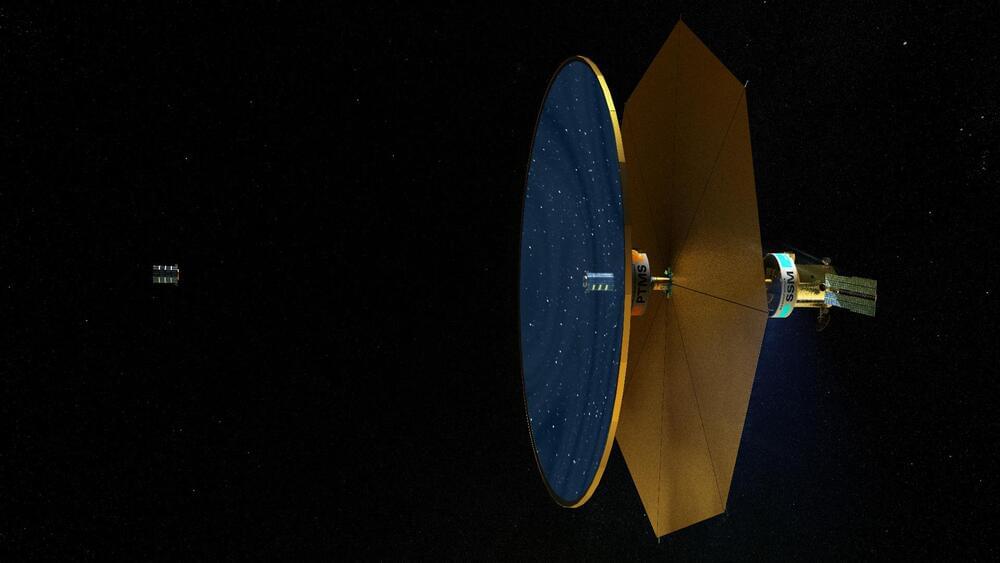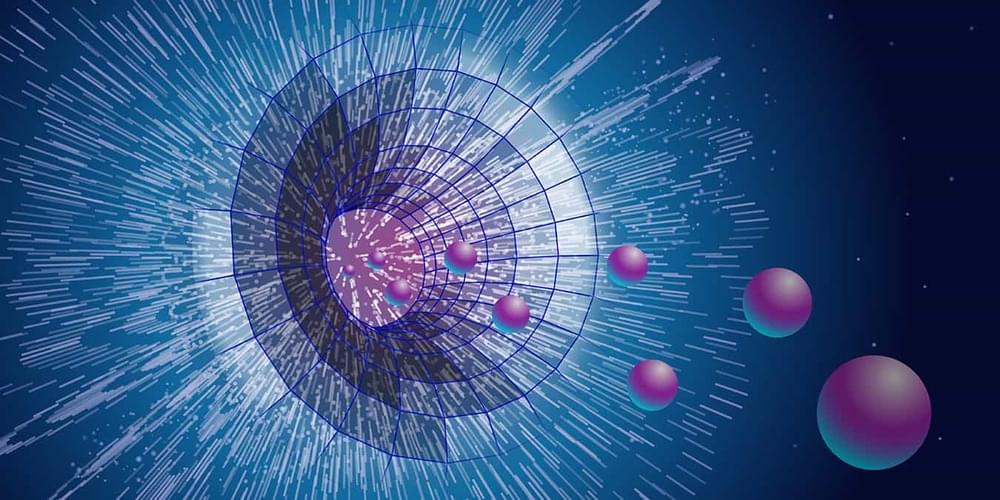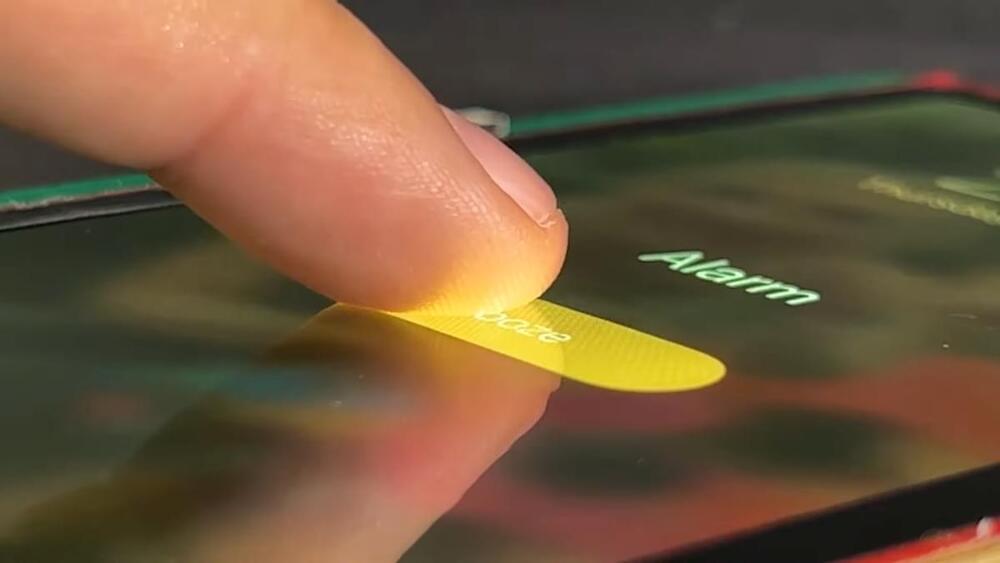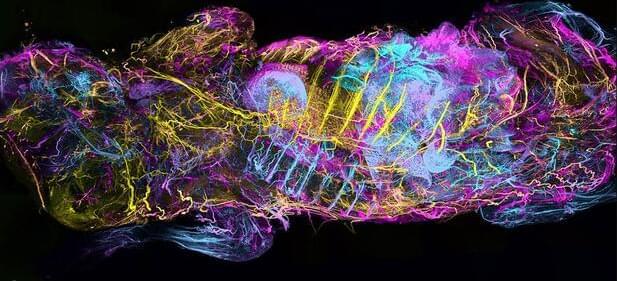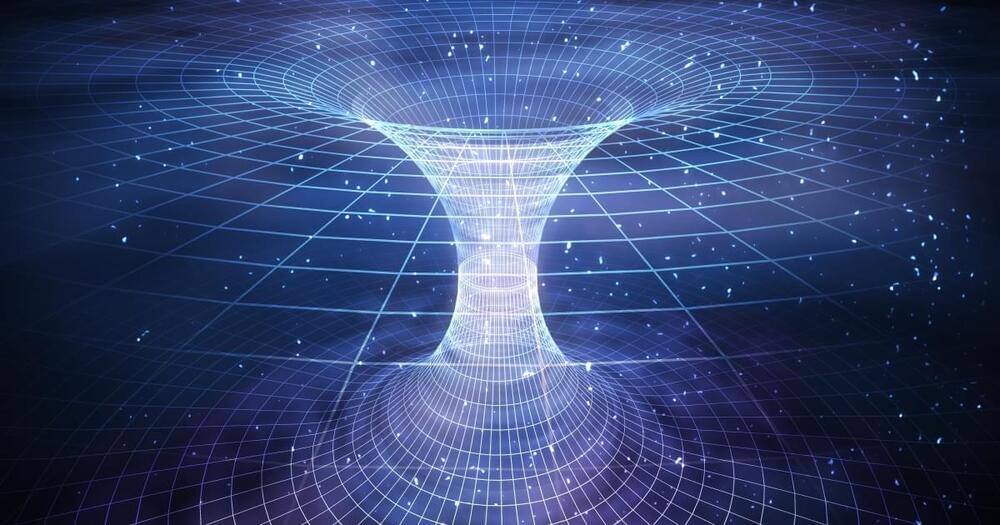A Re-Edited version of Aldous Huxleys classic, Brave New World…
My original plan was to only show parts relevent to present times… Then I realised that this is the blue print for our future… And the future is here, now and present… What we do from here is anyones guess… This should be seen by EVERY HUMAN ALIVE… It is the story of our fate and final destruction… We are already at the tipping point… Don’t accept their bullshit… Fight back with NON COMPLIANCE!!! DO NOT ACCEPT 5G… DO NOT ACCEPT BIO-TECHNICS… DO NOT ACCEPT IMPLANTS, VACCINES, NANO-TECH, etc, etc, etc… The future is ours if we take it… Or leave it to the World Rulling Psychopaths… The choice is YOURS!!!
I LOVE YOU ALL!!!
(Stick around at the end for a very real interview with Aldous Huxley where he explains why yesterdays fiction, is tomorrows reality…)
… Please leave your comments or questions bellow. Also check out my other videos and let me know what you think… Unless you think I’m CrAzY… In which case, I seriously don’t suggest watching the other videos… Just don’t do it… It’s for your own good wink (: For more related videos go to my channels playlists to find a huge selection ranging from Music to Movies, News & Political Affairs, Comedy, Wrestling, Documentaries & loads more… Thanks for watching smile
Want more madness??? (: CLICK SUBSCRIBE smile # @ );?! % £ $ € %!? ;(@ #…
